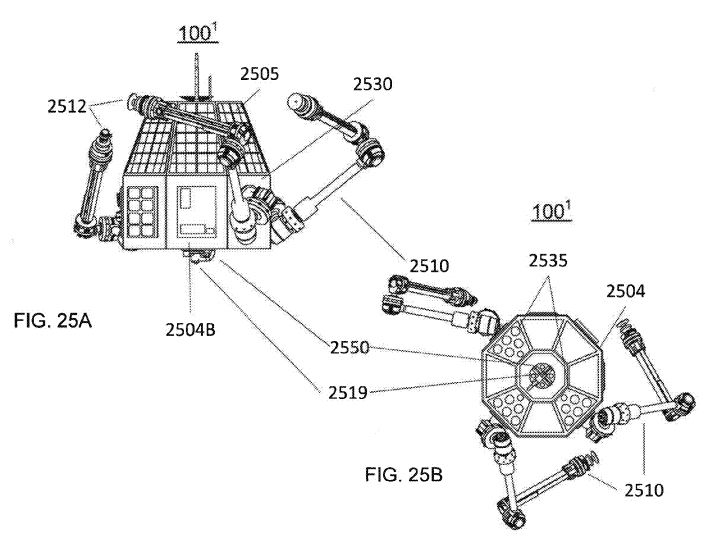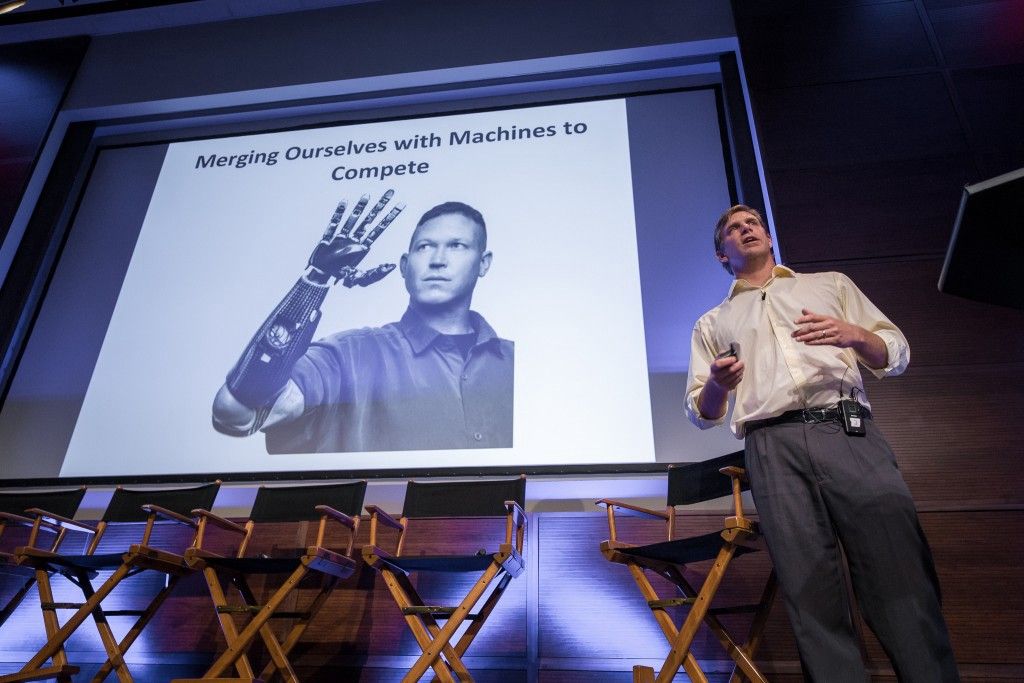How rejuvenation can make motherhood (and more generally, parenthood) better.
I’m not really a children person. I know some people really are into having children and think that it’s the most wonderful thing in life, but I’m just not one of them. This is perfectly fine. Whether having children is a wonderful thing or not is a matter of opinion, and it is not true or false in an absolute sense. What’s more, it’s not necessarily set in stone forever: I don’t like the idea now, but I can’t be 100% sure I never will; conversely, people who love the idea now might not like it any more in the future.
However, having children is a bit more serious than a simple matter of personal taste. A child is not a toy or a dress that you buy and just put away if it turns out you don’t like it as much as you thought you would: It’s a living human being whom was brought into the world because of someone else’s intentions and/or actions, and it’ll need love and care for quite a while. For this very reason, I think you should have children only if you’re pretty damn sure you really want to and are prepared to do all it takes to raise them. It’s not an easy job, and if it turns out you hate it, you’ll probably end up doing it wrong, messing up the child’s life and your own in the process. This is true of women and men, though women definitely picked the shortest straw. I’ll tell you why I think so in a moment.
Even if you think you are ‘pretty damn sure’ that you want children, you could still be wrong for a number of reasons that aren’t necessarily your fault. If you do decide to have children and then realise you don’t like it, you have good 18+ years ahead of you of bearing with the consequences of your wrong decision. The decision to not have children is, in a sense, safer, because it can easily be undone: Later on, you can change your mind and have children. If you already did make a child, changing your mind about it will not undo the child. However, not having children is only marginally safer, because as things stand you can postpone parenthood only so long before it becomes impossible or impractical (again, especially if you are a woman). The bottom line is that the current state of affairs imposes you a risky choice—having or not having children—that cannot easily (or at all) be undone.
Continue reading “Women, reproduction, and rejuvenation” »
















